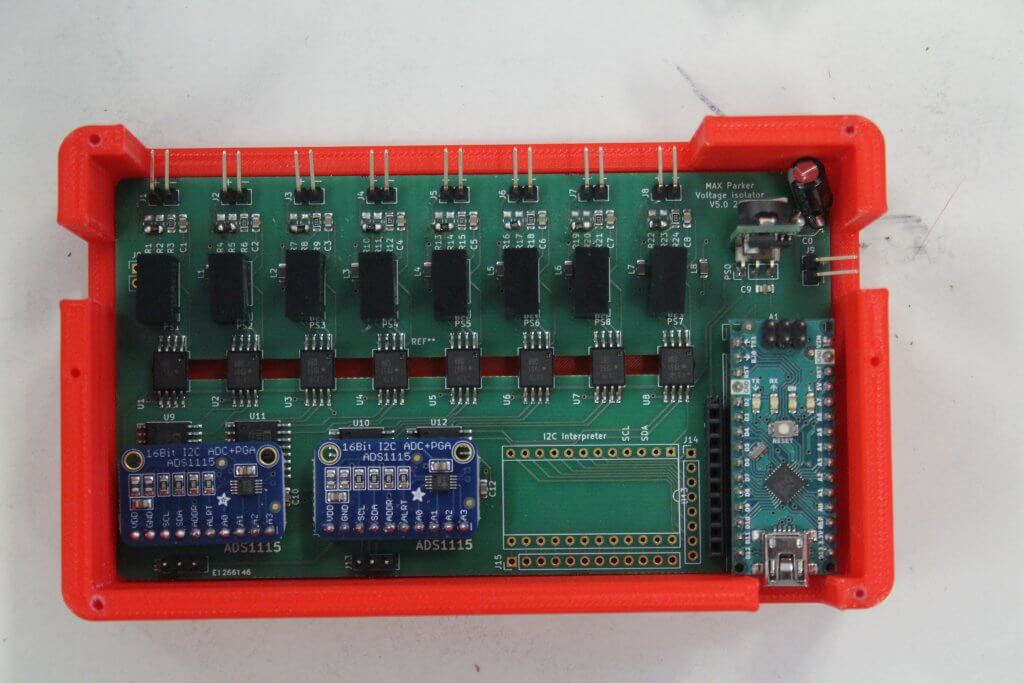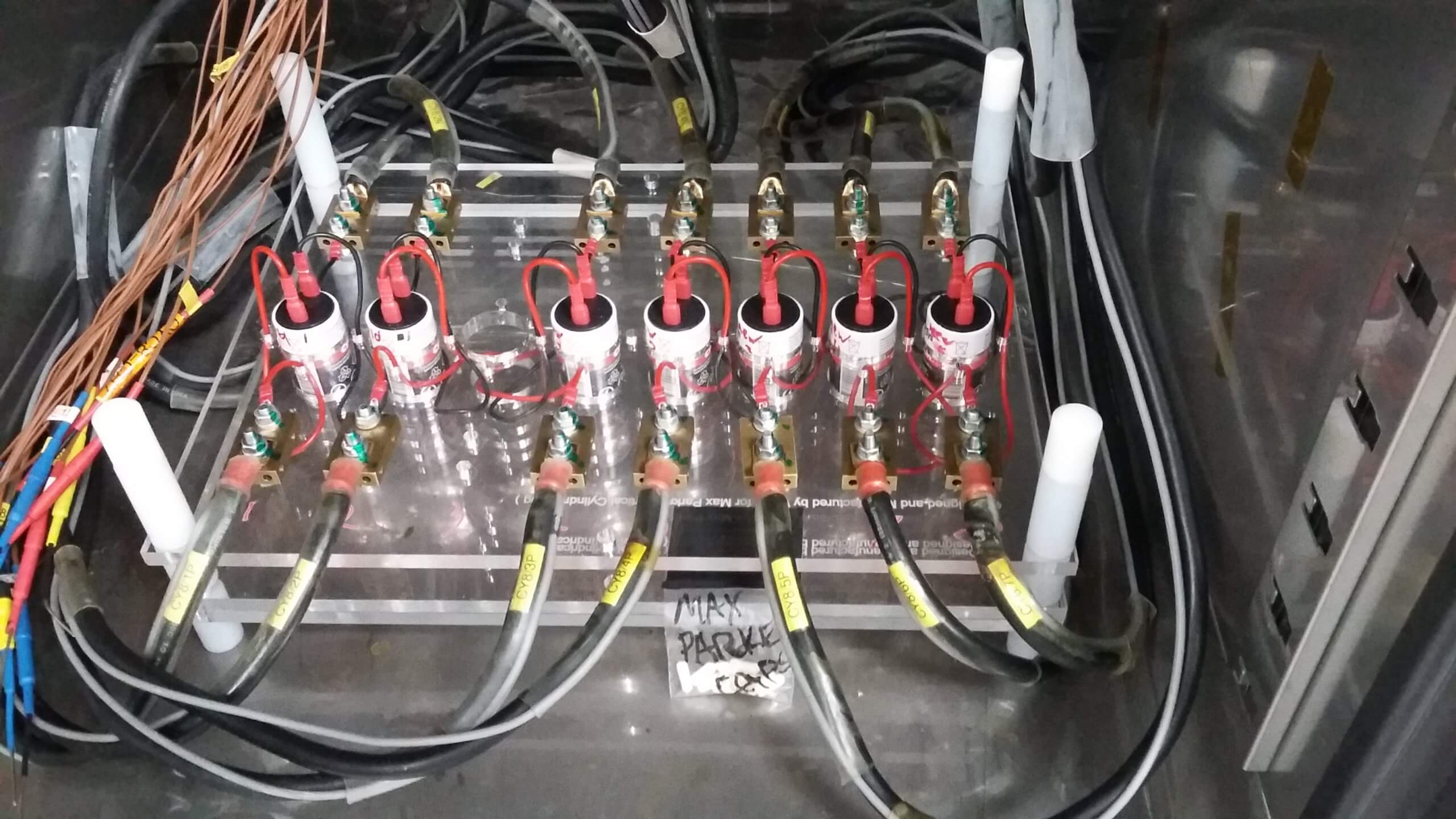
NEWS RELEASE
A new university research partnership will show how advanced lead batteries can support electricity grid energy storage and plug-in to more renewable and other storage requirements for low carbon energy systems.
The project is being led by the University of Warwick and Loughborough University, supported by the Consortium for Battery Innovation (CBI).
Demand for batteries as a storage technology is steadily growing across the globe in order to support greater levels of grid flexibility, reliability and decarbonization as more renewables are integrated into the grid and in the face of extreme weather events.
By developing more advanced levels of modelling and prediction of lead battery behaviour for utility grid storage, the research is geared towards facilitating higher uptake of lead batteries to support the energy grid.

Europe’s energy storage transition over the last few years has witnessed tremendous growth, increasing from 0.55 GWh 2016 to 5.26 GWh by the end of 2020, with front-of-the-meter deployments such as utilities leading the way, representing more than 50% of installed capacity.
These energy storage systems require high-performing, reliable and affordable batteries to ensure the smooth generation and storage of energy for regional and national electrical grids.
Prof Richard McMahon from the University of Warwick said: “We are really pleased to be working with the CBI on the use of lead batteries in energy storage applications. Lead batteries have key benefits of safety and recyclability but there is work to be done to understand how best to manage lead batteries in energy storage service to optimize efficiency and prolong life.”
He added: “This knowledge will show owners and operators of storage facilities that lead-based systems provide a safe and cost-effective solution.”
By combining innovative research techniques such as electrochemical impedance spectroscopy, researchers will study and predict the performance and lifetime of lead batteries in various utility duty cycles.
"The availability of low-cost powerful microprocessors is fuelling an explosion in our capability to monitor, understand and impact battery degradation in real world situations at low cost,” said Prof Dani Strickland from Loughborough University.
“This project is exciting because it will use expertise in the partner organisations to transition lead batteries to the world of big data and smart energy storage," she continued.
The model developed by researchers will be compared to data gathered from actual lead batteries in the field, significantly aiding the understanding of how the technology is used in utility grid applications and how these factors impact battery lifetime.

The research will be a critical part of the Consortium’s drive to achieve the technical performance goals for lead batteries set out in its technical roadmap by generating insights into how to control to maximize battery life in real-world energy storage installations.
CBI’s Technical Manager, Dr Matt Raiford, said: “This kind of collaborative research with universities is exactly what the lead battery industry needs. Working with leading institutions to deliver new insights and modelling techniques for lead battery energy storage is critical for the wider industry to continue their foray into the utility grid storage market.”
END
Notes to editors: